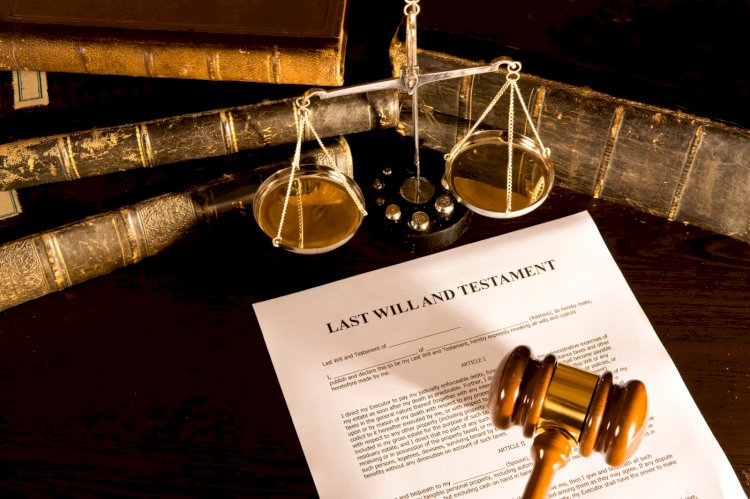Inheritance Disputes: How to Resolve or Avoid an Estate Battle

These are the disagreements by the heirs, that arise over properties that have been left behind after one's death. These disagreements might arise from the way the estate has been divided or over the fight of property ownership when the deceased never left a will.
These disagreements are brought about by either of the following factors:
Lack of communication
During one’s life, when they fail to openly introduce all the beneficiaries, either their spouse(s) or children whether biological or adopted and at times even the parents, there is a possibility of a dispute over the estate if the party was unknown to the others.
Discontentment
The beneficiaries of one’s estate can disagree on the estate allocation according to the will. In such occasions, the law recommends for equity in the allocation of resources across all the heirs will be applied.
When disagreements arise over who should inherit what, there are various methods that can be used to solve the dispute amicably.
Undertaking legal procedures
The judiciary gives an equal opportunity to each side of the conflict. This should be a fair and transparent hearing. Evidence produced by each side is considered before reaching a ruling. In case of dissatisfaction with the ruling, the party can appeal for a hearing at a higher court.
Mediation outside courts
This is the use of a lawyer or an attorney as a mediator of the conflicting parties. Such a process is advisable for small disputes since it's cheaper and faster compared to court procedures which take a long time before a judgment.
The will
This is a legal document that outlines the ownership, and utilization of an estate by the heirs. It has legal importance and it, therefore, involves a lawyer. When compiling a will all the heirs should be considered without discrimination to avert any dispute that would arise.
Is a will important?
A will is of great importance to both owner of the property as well as those who are to inherit the property.
These benefits include;
One decides on the management of the property
A will allows one to recommend who should manage what and how. He /She makes this decision according to the ability portrayed by the individuals in management. This sees the management of the estate or the particular property just as the owner of the will could wish.
Gifts and donations
A will allows room for giving out one’s property to members of the society, they may include orphanages and widows. This could otherwise be impossible without a will since the heirs can decide not to give gifts or donations. This actually reduces the estate taxation by the government.
Reduces probate processes
This is the process of legal administration of an estate after one’s death. A will helps a court on how to divide one’s estate.
One decides on the division of their property
A will is legally binding and therefore it determines who will own what and when. This minimizes disputes if not completely done away with.
Avoids great challenges
When one passes on without a will (intestacy) a property may end up in the wrong hands or the hands the deceased could not wish.

































